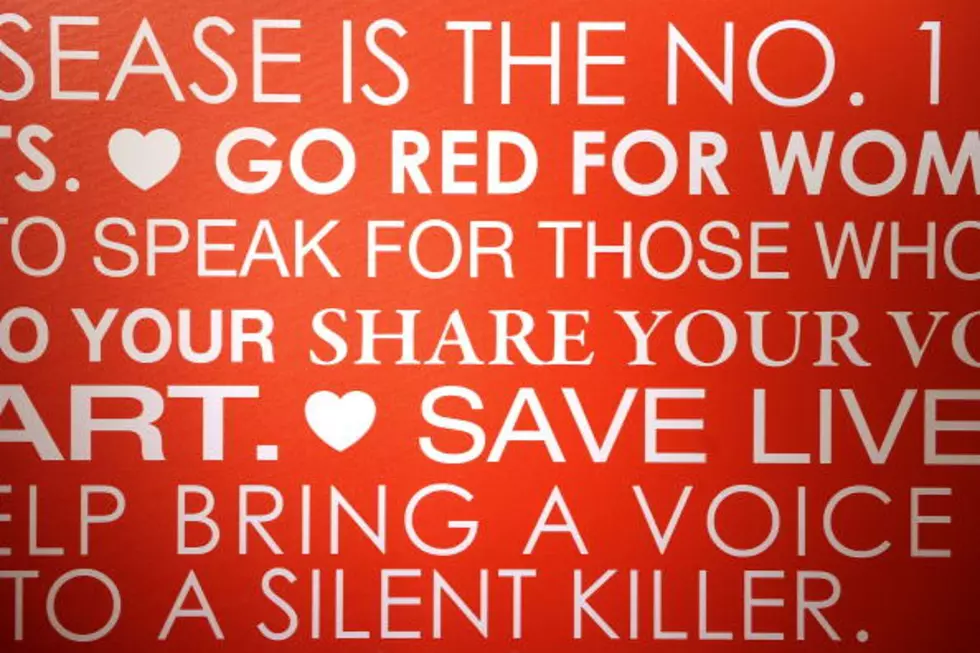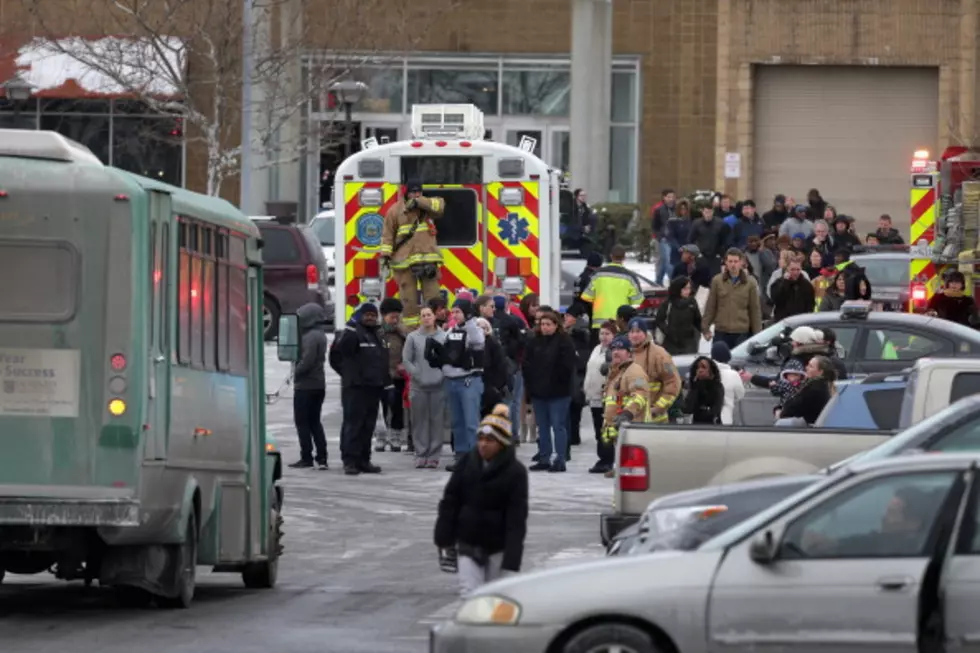
Will Maryland Repeal Death Penalty?
Maryland lawmakers approved a measure abolishing the death penalty on Friday and sent the bill to Gov. Martin O'Malley, who has long supported banning capital punishment.
The House of Delegates voted 82-56 for legislation already approved by the Senate. Eighty Democrats and two Republicans voted for the bill, which needed 71 to pass. Eighteen Democrats joined 38 Republicans to vote against it.
The vote represented a major win for the Democratic governor, who has pushed for the death penalty's repeal for five years. He is also widely believed to be weighing a presidential bid in 2016.
"We have a moral responsibility to stop doing the things that are wasteful and do not work and that I would argue run contrary to the deeper principles that unite us as Marylanders," O'Malley said, flanked by a group of death penalty opponents, including NAACP President Benjamin Jealous.
Under the bill, life without the possibility of parole would be the most severe sentence in the state.
Supporters of repeal argued that the death penalty is costly, racially biased, a poor deterrent of crime and sometimes wrongfully applied. The possibility of executing the innocent prompted many lawmakers to support the repeal measure.
"I can live with putting to death criminals who committed what are truly grievous and wicked acts against our children, our police, our mothers and our daughters," Delegate Luiz Simmons, D-Montgomery, said on the House floor, "but what I am opposed to and what I can no longer live with is using the death penalty to accidently put to death an innocent man or woman."
Opponents insisted that capital punishment was a necessary tool in punishing those who commit the most egregious crimes.
"This bill is wrong-spirited," said Delegate Michael McDermott, an Eastern Shore Republican. "It's a shame that we will not allow future generations to have the option of putting the absolute worst of the worst to death."
Kirk Bloodsworth, the first person in the United States freed because of DNA evidence after being convicted in a death penalty case, watched the vote from the House gallery. He pumped his arms toward the ceiling when he saw the vote count.
"You can't punish the guilty by walking over an innocent -- ever," an elated Bloodsworth said.
Bloodsworth was twice wrongly convicted of a 9-year-old girl's murder, and he spent two years on death row following his first trial. A second trial brought another conviction, although he received a life sentence instead of capital punishment. He was cleared in 1993.
Maryland has five men on death row. The measure would not apply to them retroactively, but the legislation makes clear that the governor can commute their sentences to life in prison without the possibility of parole. O'Malley said he would evaluate those cases individually.
Maryland has executed only five inmates since 1976. There were three executions in the 1990s and two under O'Malley's Republican predecessor, Robert Ehrlich.
In contrast, neighboring Virginia has executed 110 inmates since the U.S. Supreme Court restored capital punishment in 1976, according to the Death Penalty Information Center. However, Virginia's death row population has dwindled to eight from a peak of 57 in 1995, in part because fewer death sentences are being handed down in the state amid an increased acceptance of life without parole as a reasonable alternative.
"We see Maryland as the bellwether for the direction the rest of the country is headed in," said Diann Rust-Tierney executive director of the National Coalition To Abolish The Death Penalty. "There was an effort, early on, to try to address some of the problems with the death penalty, especially the possibility of executing an innocent man. Maryland has gone the full gamut trying to fix it and realized it can't be fixed."
The state's last execution took place in 2005, during Republican Gov. Robert Ehrlich's administration. He resumed executions after a moratorium had been in place pending a 2003 University of Maryland study, which found significant racial and geographic disparity in how the death penalty was carried out.
Capital punishment was put on hold in Maryland after a December 2006 ruling by Maryland's highest court that the state's lethal injection protocols weren't properly approved by a legislative committee. The committee, whose co-chairs oppose capital punishment, has yet to sign off on protocols.
O'Malley, a Catholic, expressed support for repeal legislation in 2007, but it stalled in a Senate committee.
Maryland has a large Catholic population, and the church opposes the death penalty.
In 2009, lawmakers tightened the law to reduce the chances of an innocent person being sent to death row by restricting capital punishment to murder cases with biological evidence such as DNA, videotaped evidence of a murder or a videotaped confession.
The center said death sentences have declined by 75 percent and executions by 60 percent nationally since the 1990s.
O'Malley's signing of the measure would make Maryland the 18th state to ban the death penalty. Connecticut did so last year. Illinois, New Jersey, New Mexico and New York also have abolished it in recent years.
(Copyright 2013 by The Associated Press. All Rights Reserved.)
More From New Jersey 101.5 FM



![U.S. Headed for Domestic Oil Only? [AUDIO]](http://townsquare.media/site/385/files/2014/02/143637418-300x200.jpg?w=980&q=75)



![Debt and No Degree: A New Trend? [AUDIO]](http://townsquare.media/site/385/files/2014/01/10462763565_f7754242d6_b.jpg?w=980&q=75)

